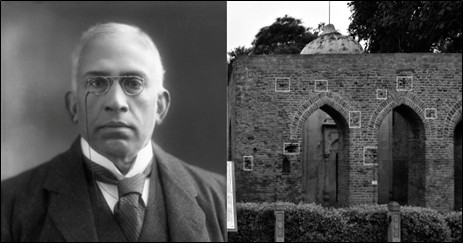PREVIOUS
Jallianwala Bagh Massacre and Sir Sankaran Nair
April 20 , 2025
269 days
1407
0
- The Indian Prime Minister has recalled the nationalist and jurist Sir Chettur Sankaran Nair on 106th Jallianwala Bagh anniversary.
- Nair fought a legendary courtroom battle against a senior official of the British who had sued Sir Sankaran for holding him responsible for the Jallianwala Bagh massacre of 1919.
- In 1897, he became the youngest president of the Indian National Congress.
- By 1908, he had been appointed as a permanent judge of Madras High Court.
- His best-known judgements indicated his commitment to social reforms — in Budasna v Fatima (1914), he ruled that those who converted to Hinduism could not be treated as outcastes, and in a few other cases, he upheld inter-caste and inter-religious marriages.
- In 1919, he had played an important role in the expansion of provisions in the Montagu-Chelmsford reforms which introduced a system of dyarchy in the provinces and increased participation of Indians in the administration.
- Following the massacre of Jallianwala Bagh, he had resigned from the Viceroy’s Council in protest.
- In 1922, Nair published Gandhi and Anarchy, a book in which he spelt out his critique of Gandhi’s methods of non-violence, civil disobedience, and the non-cooperation.
- He also accused Michael O’Dwyer, who was Lieutenant Governor of Punjab at the time of the massacre, of following policies that led to the deaths.
- O’Dwyer sued Nair for defamation in England, expecting the English court to side with him.
- At the end of case, Nair was ordered to pay £500 and the expenses of the trial to the plaintiff.
- O’Dwyer said he would forgo the penalty if Nair apologised but Nair refused.

Leave a Reply
Your Comment is awaiting moderation.


